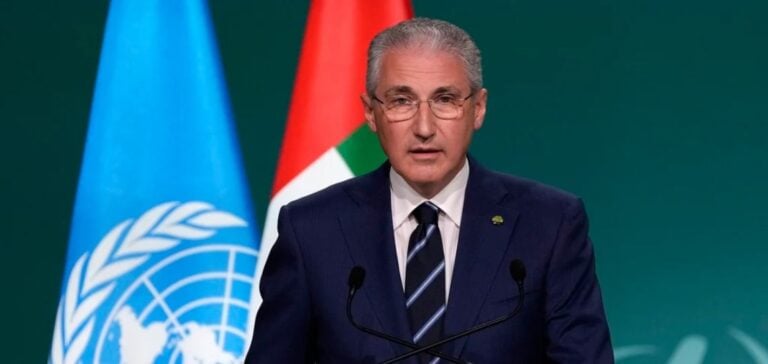In preparation for COP29, host country Azerbaijan has begun negotiations with financial institutions, companies and countries on the thorny issue of climate financing. The Minister of Ecology and Natural Resources, Mukhtar Babayev, stresses the importance of finding a consensus to make climate finance operational. This move comes as the Baku conference approaches, marking a decisive moment for global climate commitments.
Reinforcing climate ambitions
Azerbaijan is considering raising its own climate ambitions in the run-up to COP29, despite the fact that the country’s economy is currently 90% dependent on oil and gas. Babayev, designated President of COP29, emphasizes the importance of a new global climate finance framework to support the overall climate agenda. This initiative aims to overcome the growing mistrust between developed and developing countries, exacerbated by limited progress on climate financing.
Energy and renewable targets
Beyond climate finance, COP29 will highlight issues such as water, land degradation, food security and agriculture. Babayev also mentions Azerbaijan’s aim to develop its renewable energy sector, while increasing its gas production. The country has not yet set a net-zero target, but has pledged to reduce its emissions by 40% by 2050 compared with 1990 levels, conditional on international support.
Preparations for the Copenhagen ministerial meeting
Climate ministers will meet in Copenhagen to prepare the agenda for COP29, with a likely focus on climate financing. Danish Climate Minister Dan Jorgensen stresses the importance of this meeting to assess the progress made since COP28 in Dubai, where world leaders agreed on an energy transition away from fossil fuels.
Despite its oil- and gas-focused history, Azerbaijan is striving to position itself as a reliable partner in EU gas supplies, seeking alternatives to Russian gas imports. The country is currently producing below its OPEC+ quota due to the decline of mature fields in the Caspian Sea, while at the same time experiencing an increase in gas production, reflecting its growing role in the European energy market.






















